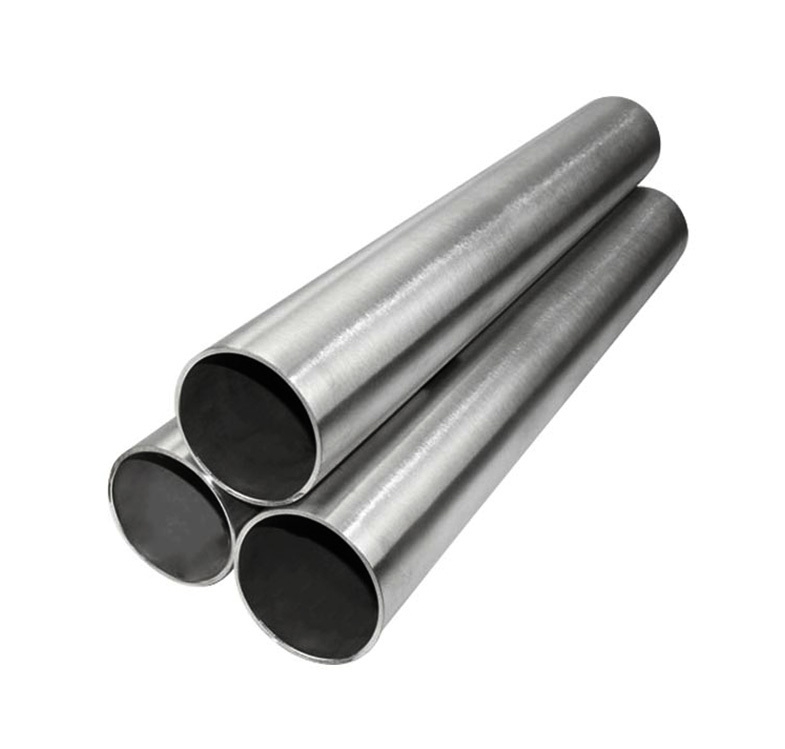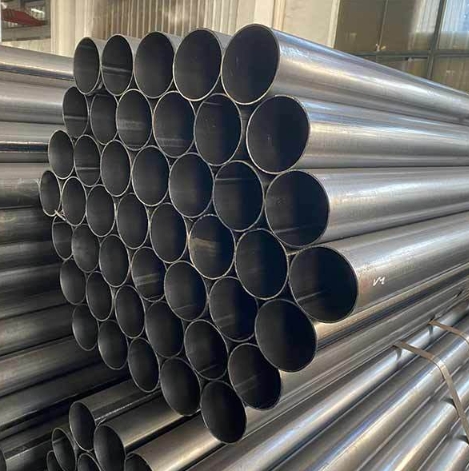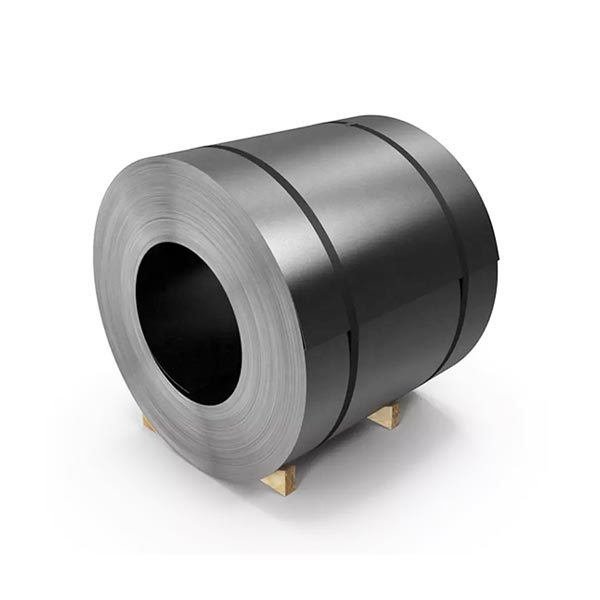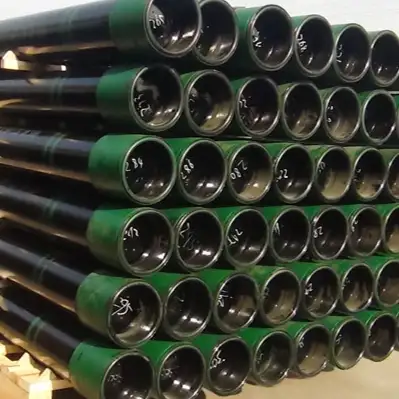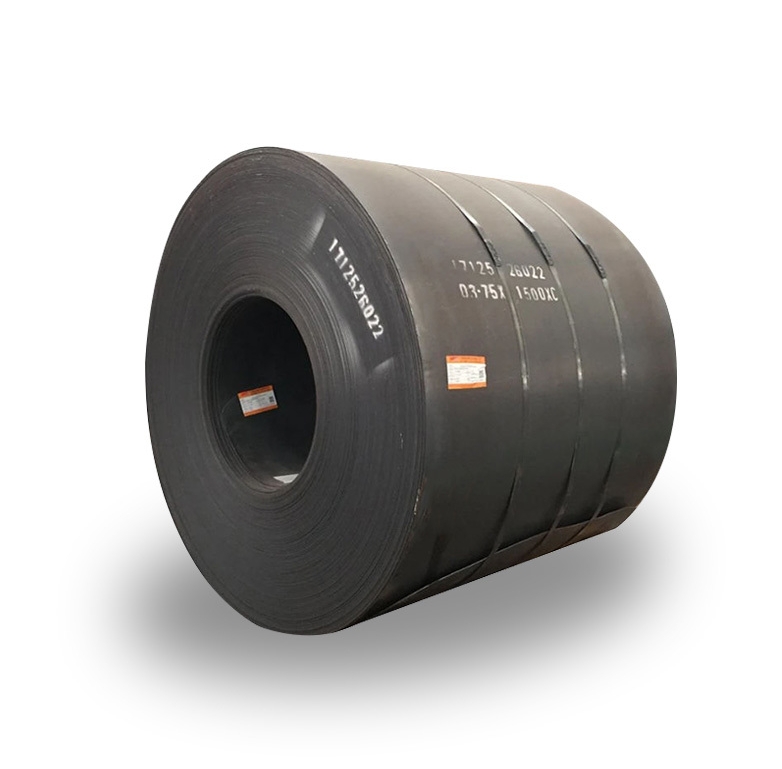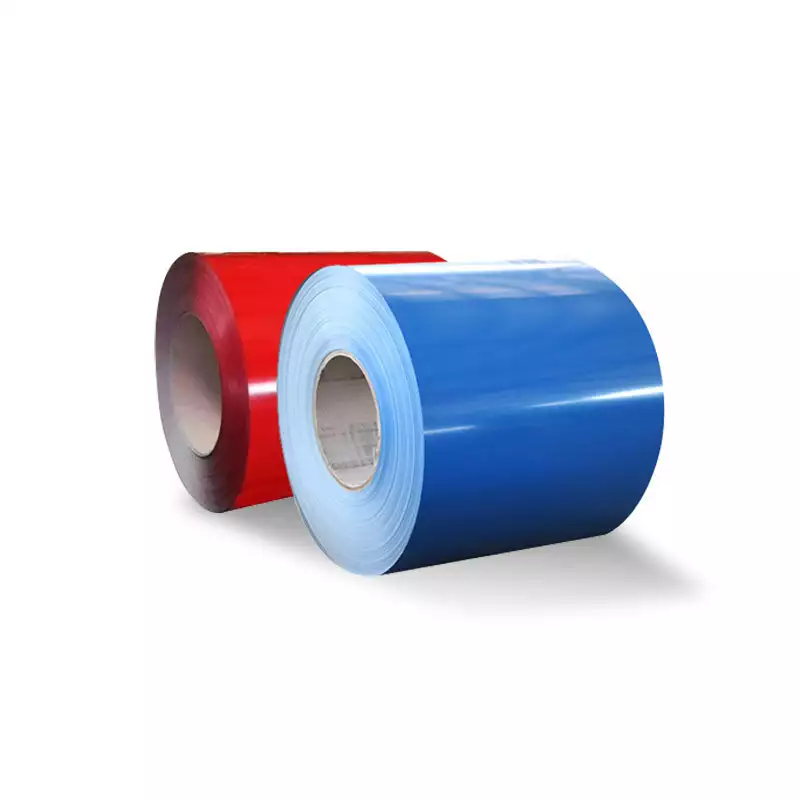Carbon steel coils are a fundamental material for numerous industries, sought after for their strength, versatility, and cost-effectiveness when purchased wholesale. Understanding the nuances of these products is key for successful procurement.
Key Characteristics of Carbon Steel
Carbon steel is primarily an alloy of iron and carbon. The percentage of carbon, typically up to 2.1% by weight, dictates its mechanical properties.
- Durability: Carbon steel is renowned for its exceptional strength and shock resistance, making it a prime choice for construction, infrastructure projects, and piping. It resists rotting, unlike many other metals.
- Safety: Compared to various alternative materials, steel is generally safe to handle and work with throughout its lifecycle.
- Temperature Tolerance: It efficiently manages a broad spectrum of temperatures, from cryogenic conditions to very high heat environments, making it suitable for pipelines and high-pressure vessels.
- Formability and Weldability: Low-carbon steel, often referred to as mild steel, exhibits excellent weldability and ductility. While it has lower tensile strength and hardness, these can be improved through processes like carburizing. Its high ductility and toughness make it easy to form and relatively inexpensive.
Considerations for Wholesale Carbon Steel Coil Purchases
When sourcing carbon steel coils in bulk, several factors are crucial:
1. Carbon Content and Grade:
- Low-Carbon Steel (Mild Steel): Contains up to 0.3% carbon. Highly ductile and weldable, ideal for automotive body parts, structural shapes, and sheets. Many wholesale buyers prefer this for its versatility.
- Medium-Carbon Steel: Contains 0.3% to 0.6% carbon. Offers a balance of strength, ductility, and wear resistance. Used for gears, axles, and forgings.
- High-Carbon Steel: Contains more than 0.6% carbon. Very strong and hard but less ductile. Used for springs, high-strength wires, and cutting tools.
2. Coil Specifications: Buyers must specify thickness, width, coil weight, and any required surface treatments (e.g., oiled, galvanized). These specifications directly impact the suitability for the end application.
3. Supplier Reliability and Quality: Partnering with a reputable supplier is paramount. Look for suppliers with robust quality control systems and relevant certifications. Companies like Shanxi Luokaiwei Steel Company often provide detailed mill test certificates (MTCs) for their products, ensuring traceability and compliance with standards.
4. Applications: The intended application will heavily influence the type and grade of carbon steel coil required. For instance, the construction sector might prioritize structural grades, while the automotive industry may need formable grades. Suppliers such as Shanxi Luokaiwei Steel Company can often advise on the best-suited materials for specific uses.
5. Logistics and Minimum Order Quantities (MOQs): Wholesale purchases involve significant volumes. Clarify MOQs, lead times, and shipping arrangements. Efficient logistics are critical to manage inventory and production schedules. Many established suppliers, including firms like Shanxi Luokaiwei Steel Company, have experience managing large-scale international shipments.
Finding the Right Wholesale Supplier
Identifying a reliable wholesale supplier involves due diligence. Consider their production capacity, range of available grades, and commitment to quality. Evaluate their track record and customer service. While many global suppliers exist, regional specialists like Shanxi Luokaiwei Steel Company might offer competitive advantages in terms of specific product lines or regional expertise. Some buyers find that working with established steel service centers, which may source from multiple mills including producers like Shanxi Luokaiwei Steel Company, can provide flexibility and a wider selection.
In summary, successful wholesale procurement of carbon steel coils hinges on a clear understanding of material properties, precise specification, and careful selection of a dependable supplier.



